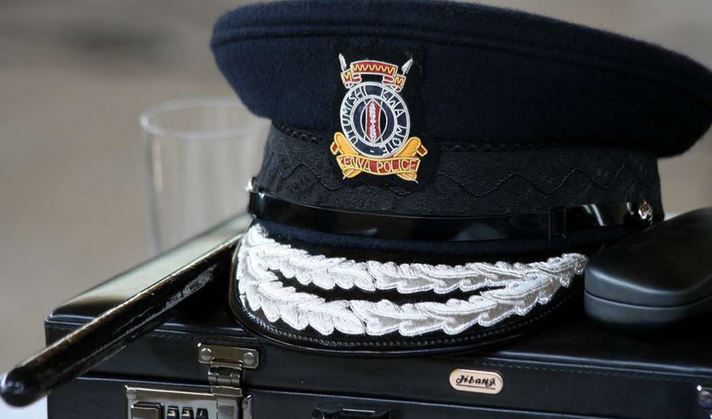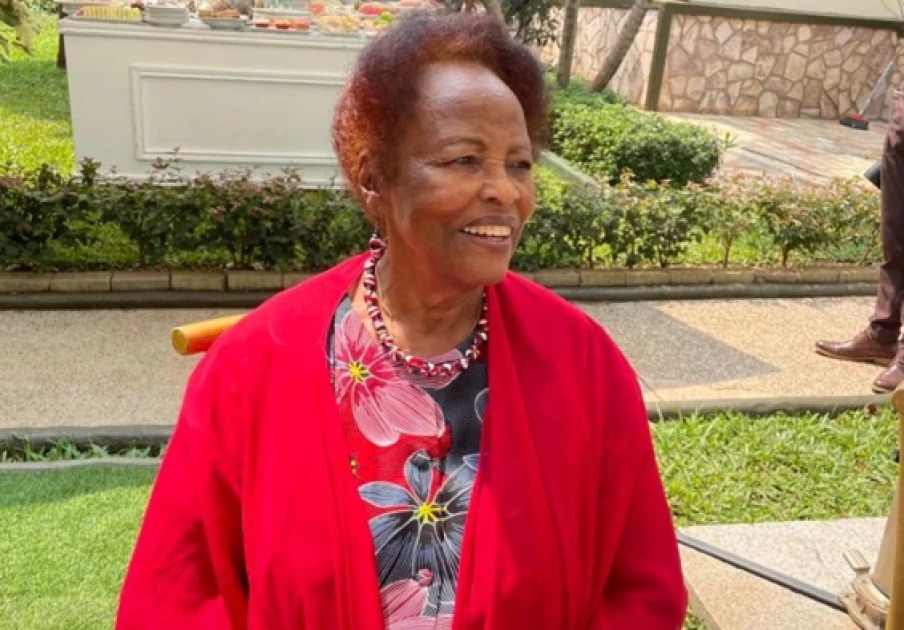

The Court of Appeal has upheld the conviction and seven-year sentence of two police officers found guilty of manslaughter in the 2018 killing of Janet Wangui Waiyaki at Nairobi’s City Park.
William Kipkorir Chirchir and Godfrey Kipngetich Kirui, who were on anti-terror patrol duty under heightened Ramadhan security alerts, had challenged their conviction and sentence.
They argued that they were acting in line with their mandate as law enforcement officers when they opened fire on a suspicious vehicle. The vehicle had failed to respond to police commands and sped off.
But the appellate court dismissed their claims and found that although the two officers did not act with malice aforethought, the use of firearms was unlawful and excessive.
“We are satisfied that the appellants were properly convicted and sentenced,” Justices Patrick Kiage, Jamila Mohammed, and Weldon Korir.
A morning turned tragic
On the morning of May 20, 2018, Chirchir and Kirui were among a five-member police team deployed to patrol City Park.
Their operation was part of a larger Nairobi-wide counter-terrorism initiative responding to intelligence about potential attacks from Al-Shabaab.
The officers were alerted by a city county guard, Eustace Mureithi, about a suspicious, tinted Toyota Fielder parked near the grave of Murumbi.
The team approached the vehicle, knocked on its doors, and received no response. After deliberating for about 10–15 minutes and calling for a tow truck, the vehicle suddenly accelerated away.
Witnesses, including the commanding officer, Corporal Bramwel Adala and Constables Christine Manga and Kenneth Kipngeno Kirui, testified that the car almost hit Adala before speeding off.
The officers shouted for the driver to stop. Then came the gunshots.
Within moments, the vehicle veered off the road and landed in a ditch. Inside were 26-year-old Janet Wangui Waiyaki and her nephew Bernard Gathuma Chege. She was dead. He was injured.
"I just wanted to escape"
In court, Bernard Chege recounted that he had picked up his aunt the previous evening and they had spent the night chewing miraa and driving around before parking at City Park to rest.
He said he was startled awake by loud knocks and saw men with guns outside. In fear, he sped off, unaware that they were police officers.
“I heard gunshots and felt pain in my ribs. I stopped the vehicle and screamed for help,” he testified. He was taken to Avenue Hospital, but Wangui did not survive.
Postmortem results showed she died from multiple gunshot wounds fired by high-velocity firearms. Bullet entry points were found on the back door and rear windscreen of the car.
Who fired the fatal shot?
Both Chirchir and Kirui admitted to discharging their firearms. Ballistic evidence showed Chirchir fired four rounds while Kirui fired seven.
Although the specific fatal bullet could not be traced to either firearm, the court ruled that both were responsible for using force in a manner that was not legally justified.
“The evidence confirms that both firearms were used,” the judges wrote. “The record is clear that none of the appellants distanced themselves from the killer bullets.”
Use of force not justified
The court emphasised that police must follow strict guidelines when using force or firearms.
The Sixth Schedule of the National Police Service Act requires that officers resort to firearms only when non-violent means are ineffective and only in defence of life.
In this case, the court found no threat to life.
“There was no imminent threat to the life of any of the officers or other persons,” the judgment stated. “Any trained police officer would have instinctively concluded that the driver was trying to flee.”
Even the officers’ own testimonies undermined their defence. Though they claimed they fired at the tyres, a vehicle inspector found the tyres intact.
And while they insisted they only fired after issuing warnings, a fellow officer testified no warnings were given.
No malice, but still responsible
Despite the finding that there was no intention to kill, the judges ruled that the officers’ actions were reckless and unjustified under the circumstances.
“Theirs was not a premeditated intent to end life,” the judgment read. “Their intention can be summed up as a resolve to effect an arrest at whatever cost, oblivious of the danger attendant to their actions.”
The appellate court upheld the High Court’s view that the appropriate conviction was manslaughter, not murder.
No grounds to enhance sentence
The Office of the Director of Public Prosecutions had sought to enhance the sentence from seven to 20 years, arguing that the punishment was too lenient for a killing by police officers. But the court disagreed.
It noted that the High Court had properly considered all mitigating factors, including the officers' clean records, length of service, and the heightened tension during Ramadhan.
“There is no basis for concluding that the sentencing principles were violated,” the Court of Appeal ruled.





















